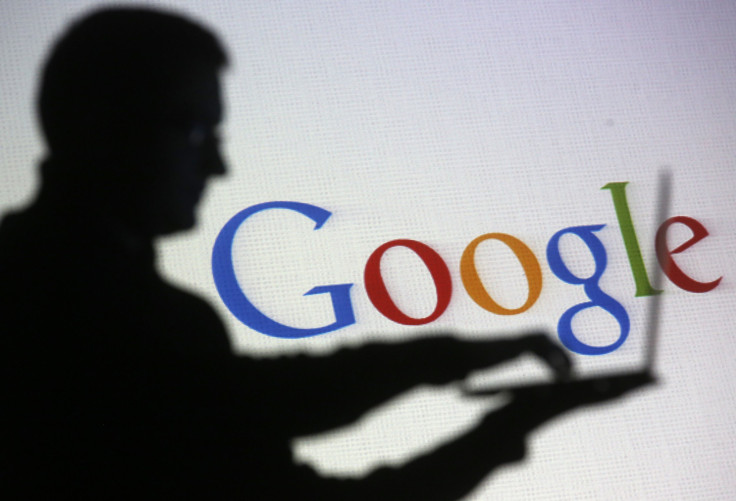The News Media Is No Match For Google: Axel Springer's About-Face
German Publisher Admits Defeat After Traffic Drops 40 Percent

The cost of fighting Google was too great for Axel Springer: the German publisher has reversed its position on the tech giant after seeing its Web traffic dive 40 percent over the past two weeks.
Axel Springer had demanded Google Inc. pay to showcase portions of its stories in its search engine and popular news aggregation service, to which Google responded in October by displaying headlines, bereft of any photos and story snippets. As a result of a new “free” license from the publisher, Google will now display snippets of four of the media giant’s Web publications: Die Welt, Computer Bild, Sport Bild and Auto Bild.
Axel Springer had complained that Google was profiting off of the theft of its copyrighted Web content, and demanded Google pay licensing fees for the usage. Axel Springer went so far as to sue Google, along with a fee-collecting group of publishers called VG Media. Google then only displayed headlines of the publisher’s stories, without any pictures or bits of explanatory text, which Axel Springer claimed was equivalent to blackmail.
The move was "the most successful failure we have ever experienced,” according to Axel Springer CEO Dr. Mathias Döpfner during a call to discuss earnings on Wednesday. Overall traffic coming from Google News dropped by 80 percent, he said.
Axel Springer said it hoped to "document the effects of the downgrading of search results as part of ongoing legal proceedings to enforce the existing press ancillary copyright law,” according to ZDNet.
"As sad as it is, we now know very precisely just how far-reaching the consequences of the discrimination are, as well as the real effects of Google's market power and how Google punishes everyone who exercises a right that has been granted to them,” it said.
Google yesterday welcomed the changed stance from Axel Springer. "It's great to have snippets for Springer’s publications back in Google," the company told the Wall Street Journal. "We send over 500 million clicks to German publishers each month and our advertising partnerships have generated more than €1bn [$1.25 billion] in revenue for them in the last three years.”
Google’s European copyright battles are far from over, according to Günther Oettinger. The European Commission’s commissioner-elect in charge of Digital Economy and Society told German newspaper Handelsblatt that if “Google takes intellectual property from the EU, and makes use of it, then the EU can protect this property and impose a levy on Google for it."
© Copyright IBTimes 2025. All rights reserved.




















